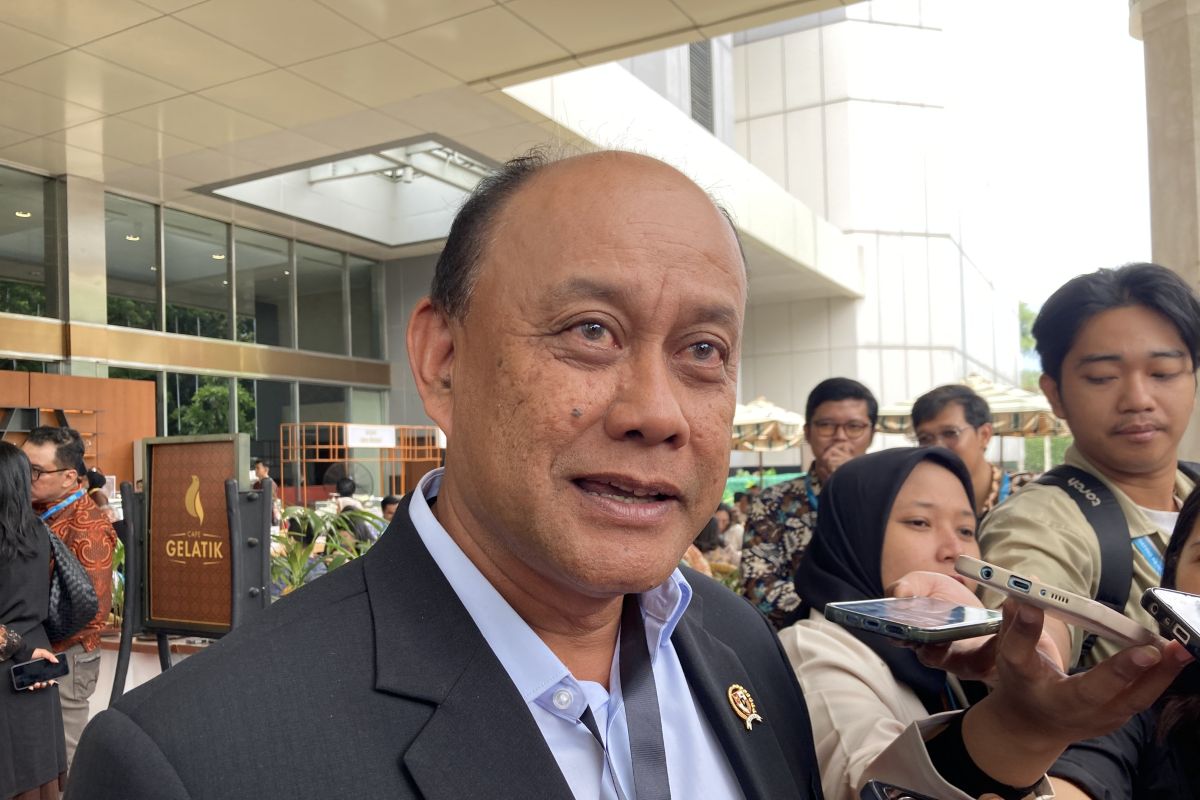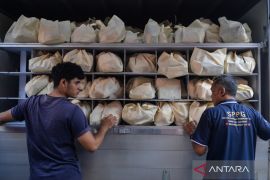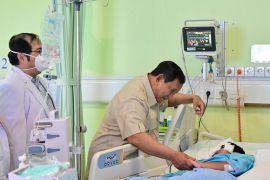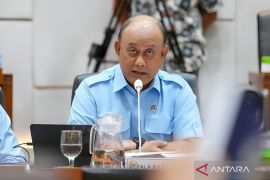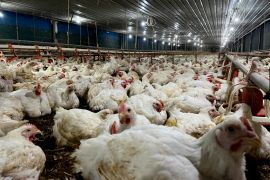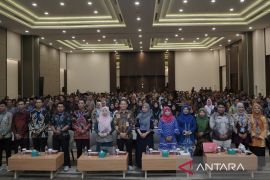Jakarta (ANTARA) - National Nutrition Agency Head Dadan Hindayana stated that the incoming government will spend up to Rp800 billion (US$51.16 million) daily to feed Indonesian children through the planned free meals program.
"The National Nutrition Agency will spend a total of Rp1.2 trillion daily to nurture future human resources. Some 75 percent of the daily expenditure, or approximately Rp800 billion, will be disbursed for the free meals program," Hindayana remarked at the 2024 BNI Investor Daily Summit here on Tuesday.
He noted that the government would empower local farmers and cooperatives to procure food for the free meals program, and the Rp800 billion daily budget is expected to stir economic growth by encouraging money circulation in the public, especially in villages.
Hence, major companies seeking to collaborate with the National Nutrition Agency to provide free meals are expected to cooperate with local co-ops or village-owned companies to ensure economic benefits for them.
The agency head also revealed that 200 kg of rice, three thousand eggs, 350 kg of vegetables, and 600 liters of milk should be procured daily to feed three thousand children in a "service unit" for each trial.
"If the program has been implemented on its full scale, we expect 30 thousand 'service units' throughout the country to serve pregnant and breastfeeding mothers, infants, and schoolchildren from early school to the senior high school levels," Hindayana remarked while reflecting on the program's extensive coverage.
Meanwhile, Hindayana revealed that large-scale free meal trials covering more regions will take place in November 2024 once the new government takes office prior to its nationwide implementation in January 2025.
Participants in the upcoming trial will still be decided by respective schools as the agency completes the data of the final recipients.
"The final recipients will be decided once 'service units' have been established in regions," he remarked.
He affirmed that the free meals program will be implemented in a centralized manner, and the daily budget will be directly disbursed to each of the "service units."


